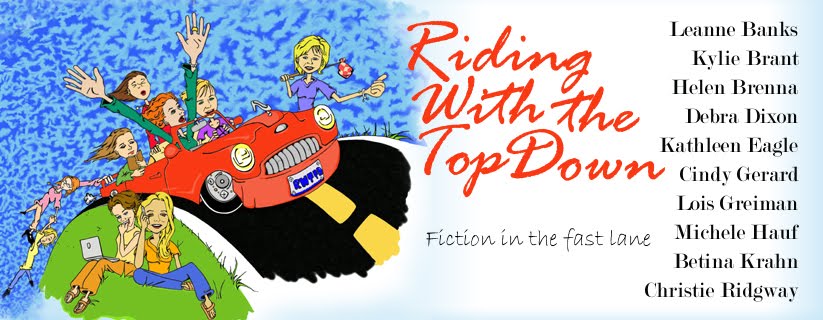
HBO's weekly
"Def Poetry" unexpectedly grabbed me by the ears a few weeks back, and I've become an accidental but devoted fan. I stumbled on this half hour gem because it follows Bill Maher's "Real Time," which I try not to miss on Friday night. I can't afford too much devoted fan time, so I'm not that easily hooked. (If I didn't subscribe to HBO, I'd be left with HGTV, Jon Stewart, Stephen Colbert, the History Channel, and the T-Wolves. Okay, I guess I do have my devotionals.)

Anyway, I gave it a look because I've been impressed with "Def Poetry" host Mos Def in one film after another, most recently "16 Blocks" with Bruce Willis. Good film. Before I noticed him in movies, I associated him with hip hop or rap--not sure which and not sure I know the difference--which isn't one of the choices I punch into on my car radio, but it's a form that has given rise to many wonderful performers, like Mark Wahlburg and Queen Latifah. So I hung around for a few minutes after "Real Time" thanks to Mos. Those few minutes, a few fresh voices with their considerable passion and promise, and I was hooked.
Halleluiah, the beat goes on!
These kids are feelin' it. They want to change the world, just the way we did back in the day. Frankly, much of the rap I'd been able listen to and decipher didn't appeal to me. What I heard was a lot of glorification of violence. Not that we're not subjected to that in other forms of "entertainment," but that's what I had come to associate with rap music. I like to think of myself as open-minded, and I have an abiding interest in the teenage mind. Plus, I've got a rock 'n roll heart. I remember what it feels like to be young and rebellious and determined to change the world. Rock music has long been a voice for the social conscience. I didn't hear that voice in rap music, and that worried me. Coming from the group that said "if it's too loud you're too old," I was beginning to think I was getting too old. But maybe I wasn't listening.
So I'm really glad I tuned in to "Def Poetry." It's all about
young people speaking their minds and undoubtedly getting
so much resistance from all sides. This show provides a forum for some powerful voices.
Stop, children, what's that sound? They perform their poetry, offering universal themes in contemporary rhythms and words. I am mesmerized.
Everybody look what's goin' down. Mind you, I don't have teenagers in my house anymore, and it's been more than 20 years since I taught high school English, but I miss having daily contact with those voices. There's nothing more crucial in any society than intergenerational communication. We can't develop without it. We'll be too busy reinventing the wheel. Understanding and relating among the generations is a theme I love to read about and often write about.
Which brings me to another reason I've glommed onto "Def Poetry": writing. Back in my school marm days I was a big believer in student writing, and I got involved in curriculum development in a big way. I was worried about increasing class sizes and seeing a decline in the amount of writing that was going on in school. My daughter recently started taking college classes again, and she's been bemoaning the fact that she really doesn't know how to write a research paper. (So, yes, off we go to the library, Daughter and her personal trainer.) But I can't tell you how many times I've heard teachers say that they don't have time for student writing because they "don't have time to correct it." Yikes! I'm sorry, but text messaging and e-mail-speak doesn't quite get it. I know every generation has its own language, but I every writer needs good, solid, functioning tools.
Has anyone else watched Def Poetry? What do you think? Can you dig it? What are your hopes and fears for--the age-old lament--"kids today"? With all the technology available to them, are they mastering traditional forms of communication? Do they need to? Is writing relevent? How about grammar? Where do the languages of young and old intersect--or do they?


